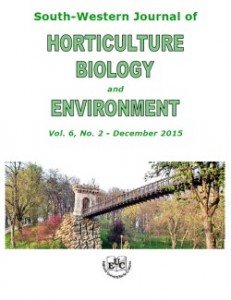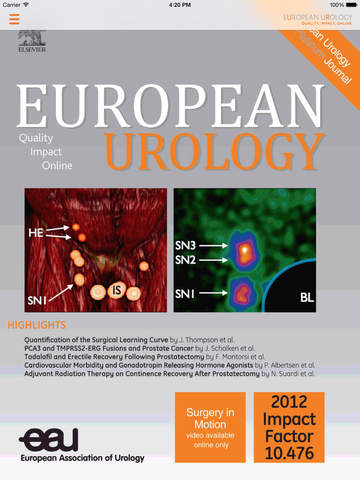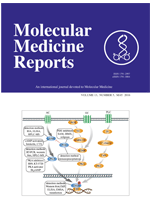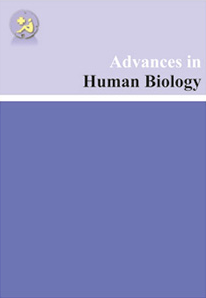
A nutrition researcher with multiple retractions who unsuccessfully sued the Canadian Broadcasting Corporation (CBC) for libel has been charged with defrauding a state health insurance plan.
The Toronto Star reports that a warrant has been issued for the arrest of Ranjit Kumar Chandra for billing the Ontario Health Insurance Plan for “services that were either not provided or billed inappropriately.” The charges do not appear to be related to his research: Chandra worked once a week as an allergist for the past four years, the Star reports, and the alleged fraud was at least $5,000. Continue reading Nutrition researcher Chandra, who lost libel suit, charged with health care fraud



 A journal has retracted the results of a clinical trial comparing strategies for bladder tumors after the authors mischaracterized the way patients were assigned to each procedure.
A journal has retracted the results of a clinical trial comparing strategies for bladder tumors after the authors mischaracterized the way patients were assigned to each procedure.
 A tribunal in the UK has
A tribunal in the UK has 

